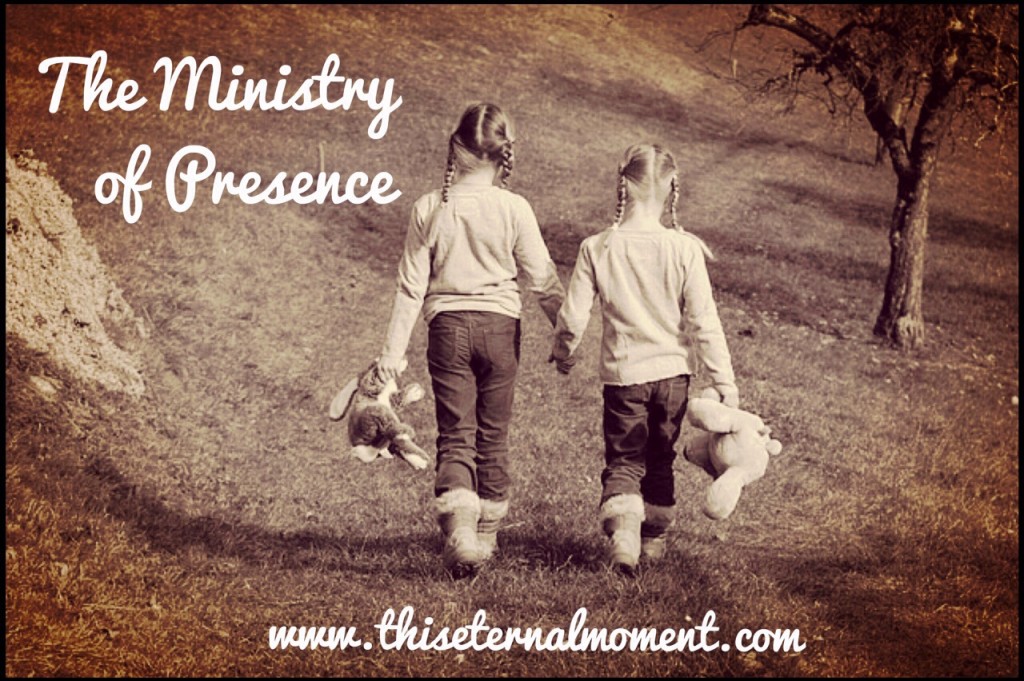
I have a confession to make: I never knew my own capacity for anger until I had children. Now don’t get me wrong – I know that we adults can be pretty difficult, too. But we have just learned (usually) that it isn’t socially acceptable to throw a temper tantrum when we don’t get our way or cry for an entire hour when we drop our ice cream cone on the floor.
Living with anyone will bring its challenges and living with lots of little people brings a myriad of relational issues and conflicts that are often accompanied by a strong emotion called anger.
I’ve learned as the primary caregiver for little people that my often even-keel personality can begin to simmer on a level of low-grade irritability that impacts everyone around me – especially my children.
When Anger Steals Our Joy
One night while I was lying in bed, ready to fall asleep, I thought to myself “This is not okay. I don’t want to be so easily irritated!”
I realized that when I harbored anger in my heart, my joy was being stolen and anger was keeping me from enjoying and fully embracing these precious little ones that God has entrusted to me to shepherd towards His heart.
I also recognized that while I cannot change myself, I need not feel helpless. God would never ask us to “Let all bitterness and wrath and anger and clamor and slander be put away from you, along with all malice” (Ephesians 4:31) if it were not possible through the power of His Spirit working within us.
One of my closest friends who also has small children suggested that we read a book together called “Good and Angry: Exchanging Frustration for Character in You and Your Kids.”
Um, yes please! I was won over by the title alone.
The Greater Purpose of Anger

A great truth that I have learned while reading this book is quite simple: Anger is a flag to us that something is wrong and we need to do something about it. Anger doesn’t tell us what is wrong; we have to take time to identify the real issue behind our anger before we can do anything about it.
While anger is a good and useful emotion to identify when something is wrong, it is not helpful for solving problems. This is biblical: “Know this, my beloved brothers: let every person be quick to hear, slow to speak, slow to anger; for the anger of man does not produce the righteousness of God“ James 1:19-20.
I am learning that when I find myself irritated and smoldering within, I need to pause and ask myself some basic questions:
What is the real problem? Am I angry about something that is being internally stimulated (perhaps my own inward struggle with something) or outwardly stimulated (by one child hitting another or traffic when I am already late).
What is an appropriate response to the issue at hand? Speaking in a loud and harsh tone to my kids does not solve the problem of my children running and wrestling in the kitchen while I am trying to cook dinner. It only compounds the issue.
Perhaps an appropriate response would be to calmly explain that it is not safe for them to run in close proximity to a hot stove and give them clear direction as to where they can safely play, laying out straightforward consequences if there is a failure to comply.
5 Main Reasons for Our Anger
Scott Turansky and Joanne Miller, the authors of “Good and Angry,” identify 5 main causes of anger: Physical Pain, Blocked Goals, Violated Rights, Unfairness, Unmet Expectations.
Taking a few minutes to identify which of these is most often the cause of our anger can be the first step to identifying a healthy way to respond.
Do you often find yourself irritated or angry but are unsure how you can see change? God does not condemn you but offers you a way out through His grace and the power of His Holy Spirit.
He’s given us emotions as gifts that can bring glory to Him when they are used appropriately.
When and in what circumstances do you most often find yourself becoming angry? What are your triggers? What might be an appropriate response for those situations?
Here’s the bottom line: Anger can serve as a friend rather than an enemy when we allow it to signal a problem rather than solve it.





